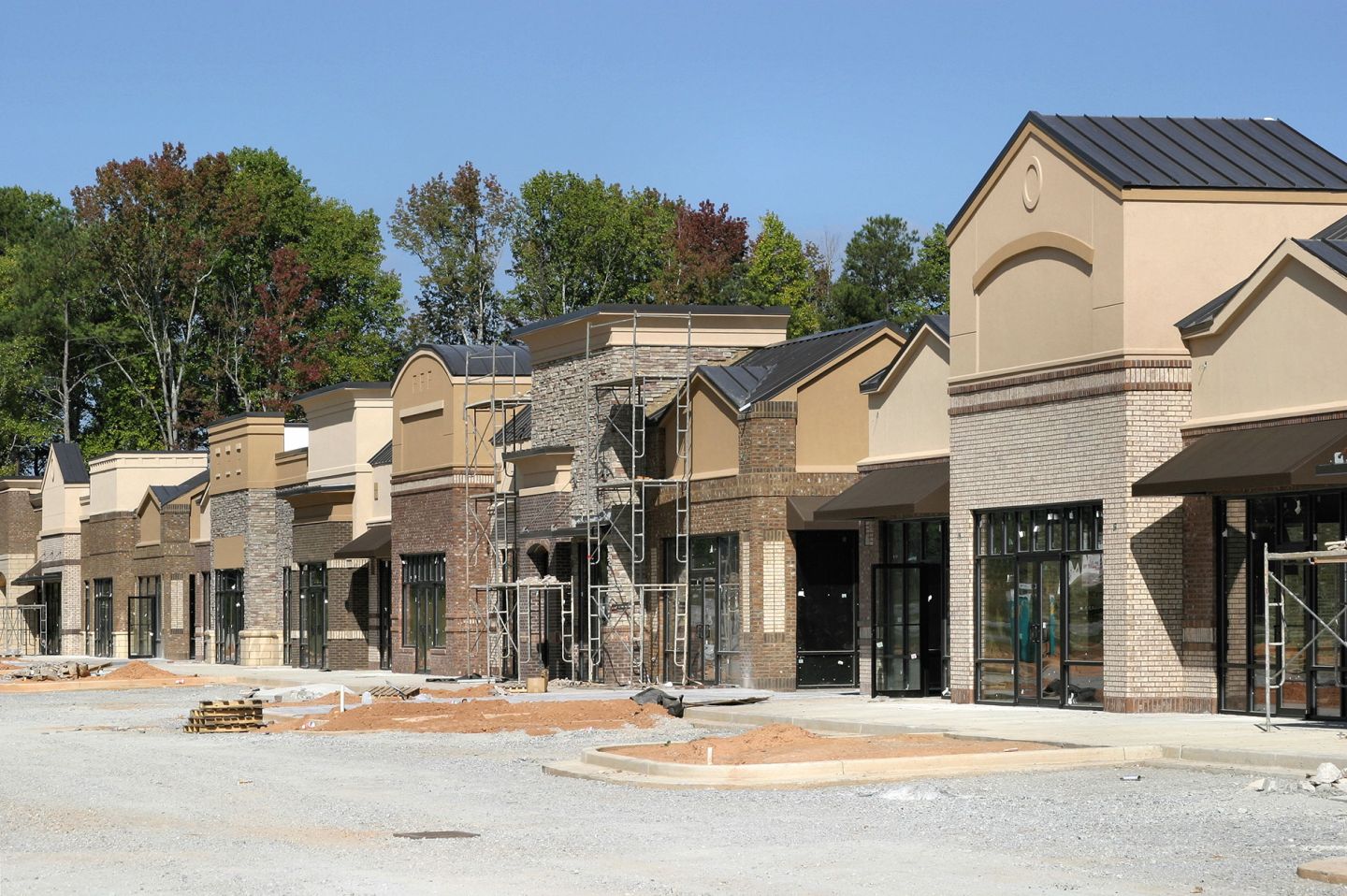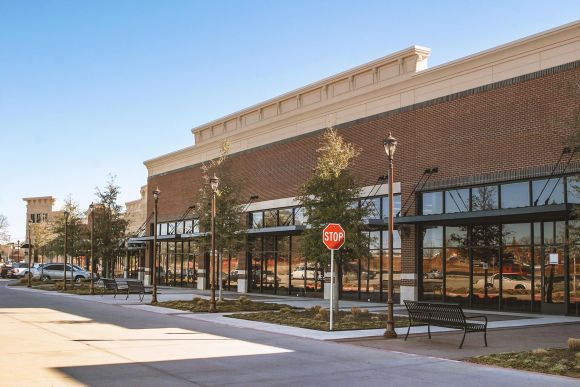By Bill R. Shelton, CEcD
Lack of suitable sites for retail development is a major deterrent for many communities’ development programs. To overcome this hurdle, competitive communities have adopted or adapted the “shovel-ready site” program traditionally used by community economic development agencies in their quest for manufacturing and industrial companies.
Certified shovel-ready sites were pioneered by New York state and local municipalities to pre-qualify sites by having in place utilities, transportation improvements, proper land requirements, availability, and pricing so end users could literally start construction the next day. Additional advantages gained by the community are:
- A competitive incentive to attract businesses
- Control of sites and price through ownership, lease, or option, plus ready availability for ownership transfer
- The ability to play a more dominate role in selecting the type and location of developments, choosing those best suited to the community
- The ability to expedite construction
- The ability to land bank sites for future development
For the prospective end user, the shovel-ready certification is intended to cut through the red tape and uncertainty associated with site due diligence and preparation. In addition to reducing risk, shovel-ready sites can provide the prospective business with substantial savings in the cost and time normally required to prepare a site for construction.
Shovel-Ready Characteristics
While there is no standard definition for “shovel ready”—and the classification varies from state-to-state—here are some common characteristics for both retail and industrial sites:
- Site available to sell or lease
- Full service by utilities plus transportation infrastructure or plans for immediate construction
- Site cleared of buildings or other impediments
- Zoning, ownership, easements, and right-of-way issues already resolved or mitigated
- Environmental, geotechnical, and archeological studies completed with any risks identified
- Written permitting processes with probable timelines completed
Difference between shovel ready and market ready sites
While the term “shovel ready” is recognized and has gained acceptance for industrial projects, a more appropriate term for pre-certified retail sites is “market ready.” The goal of market ready sites is not only to promote availability, but also to recognize the importance of “time to market” for retailers. Time to market starts when a lease is signed or property acquired and ends when the doors to the store open for customers.
Time to market has great potential to positively affect a retailer’s revenues and expenses. A lower time to market mitigates risks, fends off competition, and increases market share.
For commercial sites, and particularly retail sites, these additional characteristics are critical and must be considered to qualify retail sites as market ready:
- Access and visibility
- Location of competitors, retailers, and shopping centers
- Adjacencies and cotenants
- Trade area demographics and psychographics
The Georgia Ready for Accelerated Development (GRAD) program has helped to develop market-ready sites across the state and is also recognized as a pioneer in site certification.
The Bottom Line
By qualifying and certifying retail sites as market ready, a community can dramatically improve the odds of being selected for retail locations by businesses and retail developers, and exercise control over its economic future.


